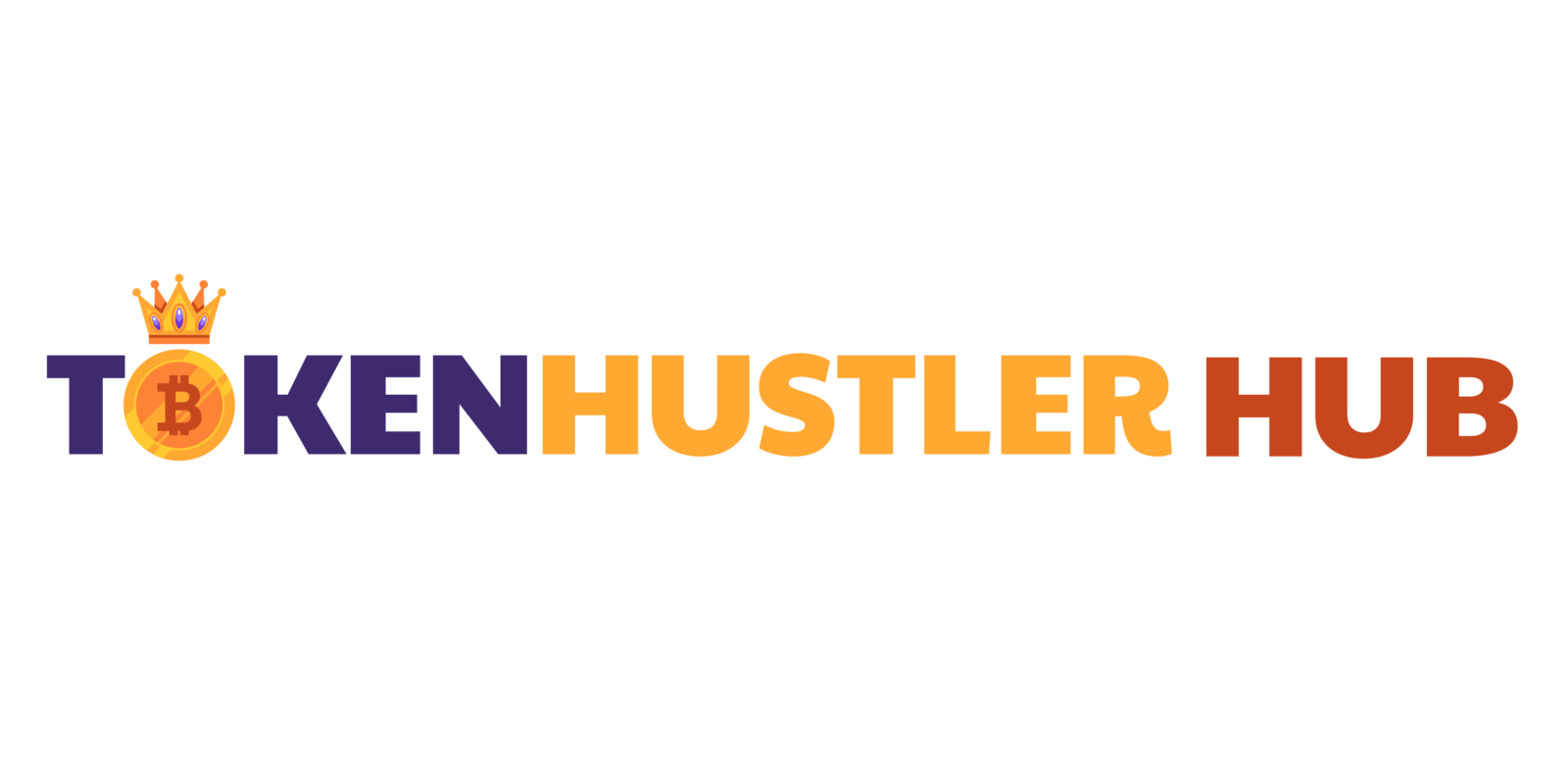Blockchain’s potential to revolutionize industries has been a hot topic for years, but its impact on healthcare is truly game-changing. By 2025, we’re witnessing a shift that’s transforming how patient data is managed, shared, and protected. The fusion of blockchain’s transparency and security with healthcare’s need for efficiency is creating solutions we couldn’t have imagined just a decade ago.
Overview Of Blockchain Adoption In Healthcare
Blockchain adoption in healthcare is advancing rapidly, addressing critical issues like data security and interoperability. By 2025, analysts project that over 55% of healthcare organizations globally will invest in blockchain-powered solutions (source: HealthIT.gov). These solutions offer decentralized storage, which eliminates single points of failure and enhances patient data security.
Adoption efforts are most visible within medical records management, drug supply chain tracking, and patient consent frameworks. For example, blockchain enables secure and immediate patient authorization for data access, significantly reducing administrative delays. Pharmaceutical companies are using blockchain to verify the authenticity of drugs and prevent counterfeit therapies.
Despite rapid progress, scalability and compliance hurdles remain challenges. Blockchain platforms must align with HIPAA (Health Insurance Portability and Accountability Act) and GDPR (General Data Protection Regulation) to maintain data privacy standards. Interoperable blockchain systems could address these issues by integrating with existing health IT infrastructure.
Countries like the United States, Germany, and Singapore lead adoption efforts, with pilot programs demonstrating blockchain’s feasibility. Hospitals in Pennsylvania, for instance, are piloting blockchain to manage medical records efficiently, enhancing data sharing between providers.
Emerging partnerships between healthcare providers and tech firms are accelerating innovation. Collaborations, such as IBM and the CDC, aim to standardize healthcare blockchain networks, allowing seamless integration across organizations.
Key Benefits Of Blockchain In Healthcare

Blockchain technology offers significant advantages for the healthcare industry, addressing critical challenges while improving efficiency and security. Its decentralized nature ensures reliable solutions to longstanding issues.
Enhanced Data Security And Privacy
Blockchain provides robust security layers for patient data. Decentralized ledgers store information across multiple nodes, making unauthorized access nearly impossible. Cryptographic hashing ensures that sensitive records, like:
- medical histories
- test results
remain tamper-proof. Compliance with regulations, such as HIPAA and GDPR, strengthens trust among stakeholders.
Streamlined Supply Chain Management
Blockchain optimizes tracking in healthcare supply chains. Immutable records trace pharmaceuticals from manufacturing to distribution, reducing counterfeit drugs. Smart contracts automate processes, making transactions transparent and reducing delays in delivery. Examples include tracking vaccines during public health campaigns and ensuring quality control for medical devices.
Improved Patient Data Accessibility
Patients gain secure access to their records through blockchain-enabled platforms. This fosters interoperability between healthcare providers while maintaining data ownership. For instance, a patient changing physicians can share updated medical data in real time. It also enhances care continuity by integrating various data sources.
Fraud Prevention In Billing And Claims
Blockchain combats fraud through transparent transaction records. Immutable ledgers validate billing processes, preventing duplicate or falsified claims. Smart contracts automate approval workflows, reducing manual errors. Insurance providers benefit from reduced administrative costs and streamlined reimbursement systems.
Challenges Of Blockchain Implementation
Blockchain adoption in healthcare faces several hurdles despite its potential to transform the industry. Key challenges involve regulatory barriers, costs, and technical complexities.
Regulatory And Compliance Barriers
- Healthcare operates under stringent regulations like HIPAA in the US and GDPR in the EU, which complicate blockchain implementation.
- Decentralized ledgers often clash with existing legal frameworks that mandate data ownership and control, creating uncertainty. For example, GDPR’s “right to be forgotten” conflicts with blockchain’s immutability.
- Until regulatory clarity improves, integrating blockchain into compliant healthcare workflows remains difficult.
High Initial Costs And Infrastructure
Implementing blockchain solutions requires significant capital, especially for infrastructure and ongoing maintenance. Healthcare providers often hesitate to adopt blockchain because legacy systems, such as Electronic Health Records (EHR) platforms, lack compatibility. For instance, transitioning to blockchain-based data systems demands expensive hardware upgrades, potential staff training, and a shift in workflow management. These upfront costs discourage widespread adoption, particularly among smaller hospitals.
Technical And Interoperability Issues
Blockchain networks struggle with sector-specific technical challenges, especially interoperability with existing healthcare technologies. Integrating blockchain with databases, such as those used for EHRs, demands new protocols and standardization. Additionally, scalability remains a barrier as blockchain systems handle increasing data volume. For example, processing transactions for thousands of patient records in real-time puts strain on network performance, deterring adoption in high-volume healthcare environments.


 Founder & Blockchain Visionary
Founder & Blockchain Visionary

